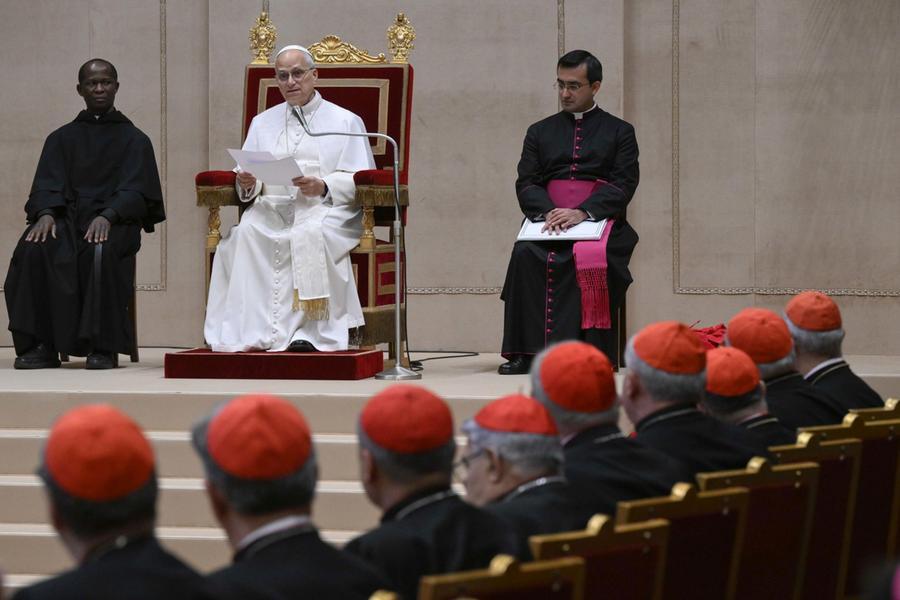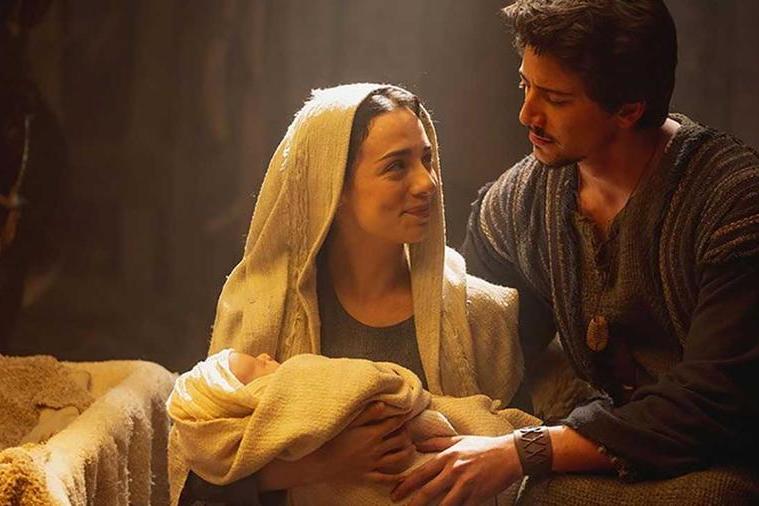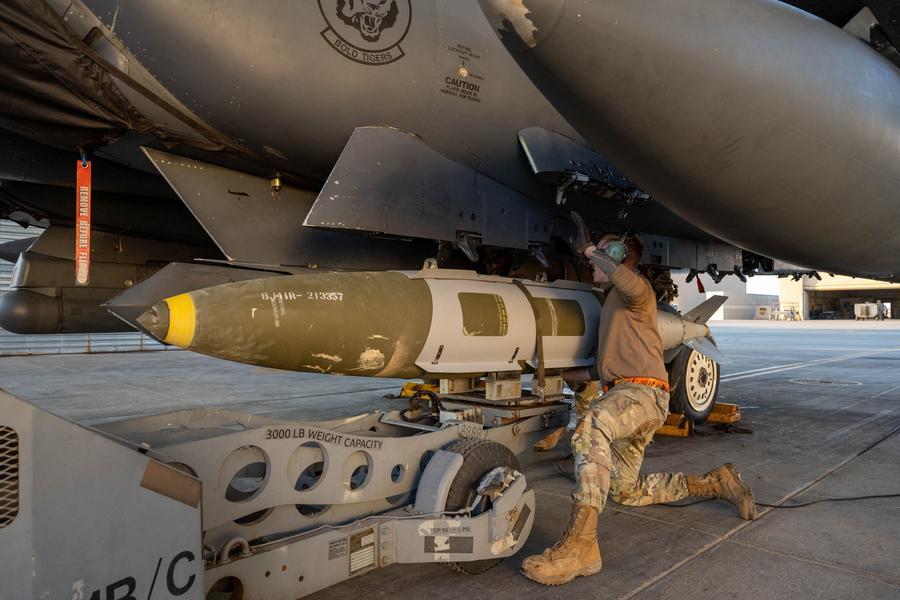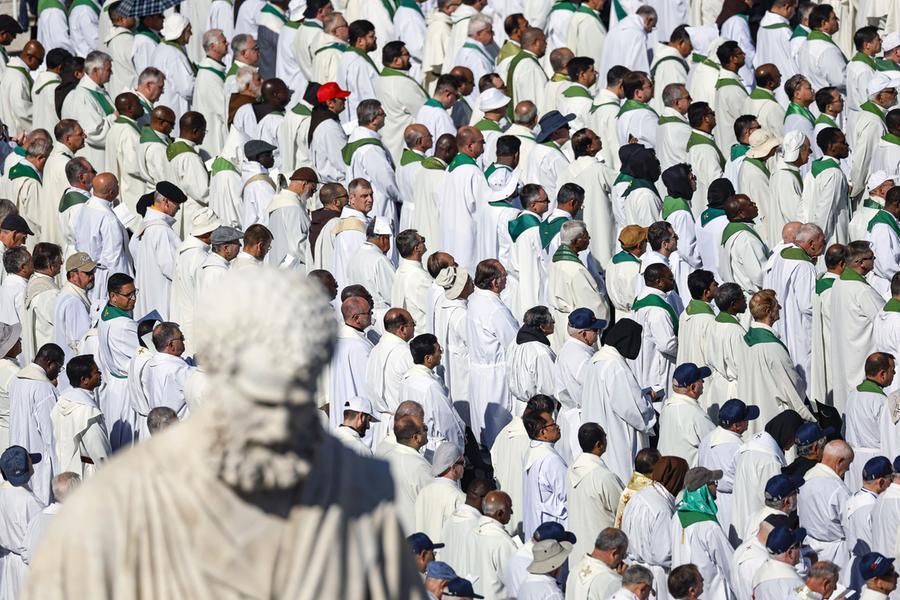«It is difficult to find two identical families. Although the idea of family is present in all of us – even young people express the desire to form one – we have to deal with many ways of experiencing family relationships. “Making a family” is a process that happens over time. Marriage is no longer the starting point, but often the arrival point of a journey.” He knows it well Don Francesco Pesce, for years director of the Family Center of Treviso and who now, as professor of Theological Anthropology at the Pontifical John Paul II Theological Institute in Rome, launches for the academic year 2025-2026 Close to families: family pastoral paths. An innovative project that opens its specialist courses to all professionals and social workers who deal with family dynamics with the aim of being close to families and those accompanying them, offering academic training and specific skills for care and education.
«A complexity» continues Pesce «that extends globally. Our students at the “John Paul II” Institute come from over 50 countries and they conceive the family in very different ways: who has the immediate family in mind, who includes relatives. Added to this are challenges such as wars and migration, which lead to stories of relatives in refugee or orphan camps. We breathe a great variety of cultures and ways of living the family.”
What is the most urgent need that you perceive in the families you have attended, even during the years of directing the Family Center of Treviso?
«A need that I noticed with the Family Center is that of being supported in solitude. Families today, at least here in Italy, are isolated. In the short term, closing the door and leaving problems out may seem like a blessing, but in the long run, isolation takes the family’s breath away. I believe that loneliness is an urgent problem that requires not only support, but also help in networking. Another need is to feel encouraged and valued. Families must not be seen only as the place of problems, but as a resource. From my experience, they do their best when they feel valued by the cultural context, by social actors and pastoral workers.”
What is missing from those who try to help and support them?
«I think there is a lack of specific competence towards relationships. In the Italian cultural context we are used to seeing individuals individually. What is missing is a gaze capable of seeing and seeing relationships – family and social – because these are what weigh down or, on the contrary, become the resource and joy in people’s lives. I believe that this is a specific skill on which it is not enough to improvise, but must be worked on.”
Since September he has been teaching at the Pontifical John Paul II Theological Institute and has inaugurated courses dedicated to these themes. Who are they aimed at?
«The Institute is an international academic system that offers Licentiate and Doctorate cycles. Among the former students, half are dedicated to teaching and 50% to pastoral care. Recipients include priests, lay people, and religious women. We offer two paths: in Theology of Marriage and Family and in Family Sciences, the latter with a more interdisciplinary approach. An interesting point is that the canonical license is also open to those who do not have a baccalaureate in theology, thus responding to the need for specific training of lay people and religious women.”
What topics will you address?
«The topics range across many themes. I hold a course on “Catechumenal itineraries for preparation for marriage” and another on “Pastoral theological discernment of complex situations”, that is, how to deal with difficult family situations. There are courses on violence in the family, on voices and attention to local Churches, on the themes of synodality and the family, and also much on technology, the body and artificial intelligence. There is no shortage of courses on motherhood and spirituality, as well as theological insights into the dynamics of family life. Who are the key figures who today have the greatest responsibility in “being close” to families and what type of training deficit do they find themselves having to fill? I think of priests, pastoral workers, and families themselves as subjects of formation. The path is open to all those who deal with family pastoral care at an ecclesial level, but also to professionals from other disciplines who want to develop specific expertise on the family theme. Let’s start from the idea that today we can no longer do it alone. Supporting families is a team effort.”
Parenting: what kind of parents are we faced with today? What are the current challenges – between social media, pressure and hectic pace of life – for which your paths offer concrete help?
«We offer specific courses on the body and technology, and on philosophical issues related to artificial intelligence. There is a course dedicated precisely to information technology and artificial intelligence for trainers and educators, which has in mind the theme of parenting and education in relation to social media. Other courses focus on youth, education and freedom, such as “Youth and the Bible”, or on the education of adolescents through an intercultural approach and on the spirituality of motherhood. Being a parent today is difficult; they are burdened by social rhythms and expectations. The crisis around the birth of the first child is frequent, which can tire the couple. But there are also signs of hope, with couples who wish to become parents and invest in this.”
How does your training help the family to feel an active part of the community and not just an object of care?
«Our training helps students to change their outlook: to think of the family not only as an ideal to be achieved, but as a reality to be supported, supported and accompanied. You learn a style of accompaniment within the dynamics and phases of life. Furthermore, we use many laboratory, seminar and workshop methods, where students learn to do research together. This working method opens up space for families as active subjects and not just as recipients of care. Finally, this year we are inaugurating a new offer, “Close to families”: the possibility for lay people, pastoral workers and couples themselves to participate online in some courses. It is a perspective of ongoing training that aims at the acquisition of skills and theological updating.”
What is the appeal or message that you would like to address, not only to those who will sign up, but to anyone who feels the responsibility of not leaving families alone in this historical moment?
«The appeal is precisely to not think about it alone, not to do it alone. Family life today encounters a series of complexities that cannot be improvised. It is necessary to work with competence and style. Believe me, it’s a whole other thing to work competently with families. To face today’s complexity, it is essential not to be alone and to do so competently, preparing adequately for this task.”










